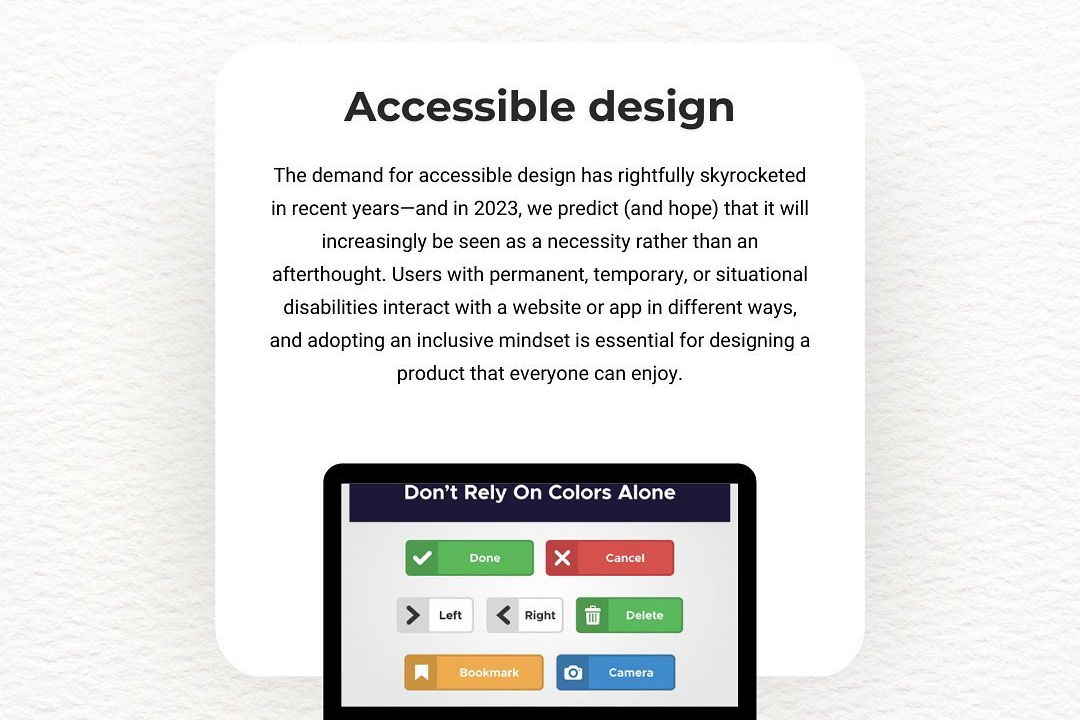Which is better Angular or React
Angular vs. React: Comparing Two Popular Frontend Frameworks
Which is better Angular or React
Both Angular and React are popular JavaScript frameworks for building dynamic web applications. Angular is a comprehensive framework developed and maintained by Google, providing a full suite of tools and features out of the box. On the other hand, React, developed by Facebook, focuses on building UI components and offers more flexibility by utilizing a component-based architecture. The choice between Angular and React ultimately depends on the specific requirements of your project, with Angular being ideal for large, complex applications that require strict guidelines and structure, while React is preferred for smaller, more flexible projects that prioritize performance and scalability.
To Download Our Brochure: https://www.justacademy.co/download-brochure-for-free
Message us for more information: +91 9987184296
1 - Angular:
Angular is a robust JavaScript framework developed and maintained by Google. It is a comprehensive solution for building web and mobile applications using TypeScript. Angular has a steep learning curve but provides a feature rich ecosystem.
2) React:
React is a JavaScript library created by Facebook for building user interfaces. It focuses on component based architecture and offers a more flexible approach compared to Angular. React's virtual DOM allows for efficient rendering and updating of components.
3) Learning curve:
Angular has a steeper learning curve due to its complex architecture and concepts like modules, decorators, and dependency injection. React, on the other hand, is more straightforward to learn, especially for beginners with a solid understanding of JavaScript.
4) Community and resources:
React has a larger and more active community compared to Angular. This results in plentiful resources, tutorials, and third party libraries available for React developers. Angular also has a dedicated community, but it may be slightly smaller in comparison.
5) Performance:
Angular applications can sometimes suffer from performance issues due to its heavy framework and complex structure. React's virtual DOM and efficient rendering mechanisms often lead to better performance in terms of speed and memory usage.
6) Scalability:
Angular's opinionated structure and conventions make it easier to scale large applications with multiple developers. React's flexibility allows for more freedom but can sometimes lead to inconsistencies and challenges in managing large codebases.
7) Tooling and ecosystem:
Angular comes bundled with a comprehensive set of tools for building, testing, and deploying applications. React, being a library, relies on external tools and libraries for state management, routing, and other functionalities, offering more flexibility in choosing the best tools for specific requirements.
8) Mobile development:
Angular provides tools like Ionic and NativeScript for building cross platform mobile applications. React's ecosystem includes React Native, which is a popular framework for developing mobile apps for both iOS and Android platforms.
9) Testing:
Angular offers robust testing capabilities out of the box, with tools like Jasmine and Protractor for unit and end to end testing. React applications can be tested using libraries like Jest and Enzyme, but setting up a testing environment might require more configuration.
10) Industry adoption:
Both Angular and React are widely adopted in the industry, with big tech companies and startups using them to build various applications. React tends to be more popular among startups and smaller teams due to its flexibility, while Angular is favored by enterprises for its structured approach.
11) Job market:
The demand for Angular and React developers varies based on location and industry. React developers often find more job opportunities in web development agencies, startups, and freelance projects. Angular developers are in demand in larger companies and enterprises looking for scalable solutions.
12) Updates and backward compatibility:
Angular follows a strict release schedule and backward compatibility policy, which ensures a smooth transition when upgrading to newer versions. React's updates are more frequent but tend to maintain backward compatibility well, with gradual adoption of new features.
13) State management:
React applications often use libraries like Redux or Context API for state management, providing a centralized way to manage and update application state. Angular's built in services like RxJS can also handle state management effectively but may require a steeper learning curve.
14) Component reusability:
Both Angular and React emphasize component based architecture, allowing developers to create reusable UI components. React's functional components are lightweight and versatile, while Angular's components come with additional features like input/output bindings and lifecycle hooks.
15) Decision factors:
When choosing between Angular and React for a training program, consider the students' background, career goals, and the specific requirements of the projects they will be working on. Offering training in both frameworks can provide a well rounded skill set for students interested in front end development.
Browse our course links : https://www.justacademy.co/all-courses
To Join our FREE DEMO Session: Click Here
Contact Us for more info:
Flutter Training in Manmad
Flutter Training in Srikalahasti
iOS Training Institute in Delhi
iOS Training in Mukhed
Flutter Training in Mira Bhayandar











